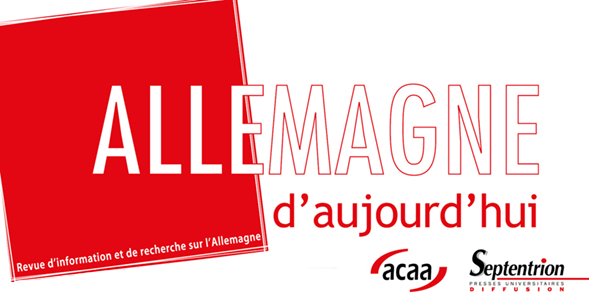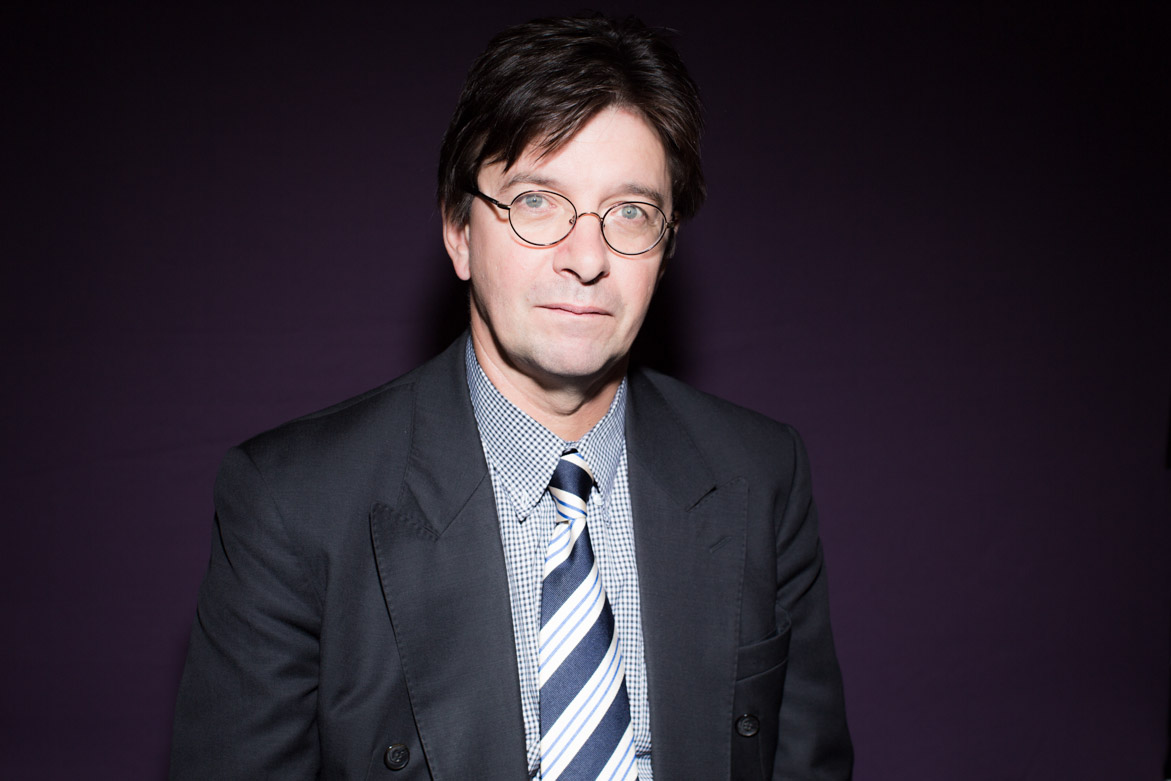DOSSIER - 60th anniversary of the Elysée Treaty (1963) and implementation of the Treaty of Aachen (2019): where do Franco-German relations stand?

On January 23, 2023, France and Germany celebrated the 60th anniversary of the Élysée Treaty. This is an opportunity for us to analyze the state of relations between the two countries, and the contribution made by the Treaty of Aachen, which was added in 2019.

The purpose of this dossier is not to review the achievements and developments of the 1963 treaty - at the end of this introduction, we will refer to a number of dossiers that have reviewed these issues in the magazine over the last few decades - but to recall the operational instruments of Franco-German cooperation today, to consider the place of young people within it, and the importance of civil society for its development, with particular reference to what the question of teaching the language of the partner country tells us about the state of relations between states and societies. The third section looks at the areas where cooperation is growing in strength, while remaining difficult, namely in the fields of economic, commercial, energy and military cultures. The purpose here is to ascertain whether, despite the differences that remain, there is still a willingness to find creative compromises that are likely to win over the other countries of the European Union.
[...]
A dossier entitled "60e anniversaire du Traité de l’Elysée (1963) et mise en œuvre du Traité d’Aix-la-Chapelle (2019) : où en sont les relations franco-allemandes ?", published in Allemagne d'aujourd'hui 2023/2 (N° 244), edited by Claire Demesmay, Paul Maurice, Hans Stark and Jérôme Vaillant.

Available in:
Themes and regions
ISBN / ISSN
DOI
Presses Universitaires du Septentrion
Share
Related centers and programs
Discover our other research centers and programsFind out more
Discover all our analyses
Securing critical raw material (CRM) value chains – a prerequisite for Europe’s technological resilience
At the heart of economic security, technological resilience is a backbone of the European Union’s (EU) competitiveness. The EU’s energy and digital transitions depend on critical raw materials (CRM).

Reconciling competitiveness and demographic change: a Franco-German imperative
France and Germany are facing parallel demographic shifts that could reshape the future of their economies and their social models. These shifts reflect broader European patterns but are magnified by the central role both nations play in EU governance and competitiveness.
Taking the Pulse: Does France's Political Crisis Weaken Europe's Geopolitical Hand?
While the EU tries to navigate a myriad international challenges, France is experiencing historic political disarray. What impact will instability in Paris have on Europe's geostrategic capacity?
Imaginary and Reality of the Franco-German border: a Laboratory for Europe of tomorrow
In Europe, the question of borders is a central issue. According to the European Parliament, border regions cover around 40% of the European Union (EU) territory, concentrate 30% of its population and produce nearly a third of its gross domestic product.











